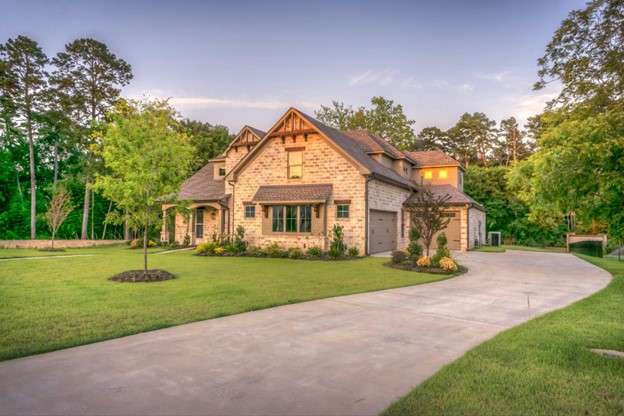by Virginia Cooper
For many Canadian homebuyers, the tension between buying a modest starter home and stretching for a forever home isn’t just about square footage or location. It’s about timing, risk tolerance, personal growth, and how you want your living space to evolve alongside your life. The decision runs deeper than budgets or bedrooms—it’s a test of how well you know your own trajectory.
Leverage Smart Savings Before You Choose
First-time buyers often don’t realize how much leverage they can gain from strategic tax shelters. With the introduction of the First Home Savings Account (FHSA), Canadians can now contribute up to $8,000 annually—up to a lifetime max of $40,000—while gaining the dual benefits of tax-deductible contributions and tax-free withdrawals. That’s a rare pairing. Used properly, tax-deductible accounts help Canadians buy faster by accelerating down payment growth without pushing you into a higher tax bracket. If your choice between starter and forever hinges on readiness, the FHSA can close the gap faster than you’d expect.
Tame the Paperwork with Mobile Tools
Homebuying in 2025 isn’t just showings and signatures. It’s paperwork across email chains, lender portals, insurance approvals, sometimes all in a single day. If you’re working remotely or buying in a different province, keeping track of every document becomes critical. One overlooked friction-solver? Scanning key paperwork from your phone. There are features of a free scanner app that lets you digitize everything instantly—mortgage pre-approvals, pay stubs, even handwritten notes from a home inspector, without needing a clunky printer-scanner setup.
Flexibility Often Beats Square Footage
Real estate markets don’t wait for you to get settled. That’s part of the problem, and the potential. If you’re watching interest rates shift or waiting for new inventory, smaller homes can function as strategic footholds. They let you get in, observe from within, and make sharper decisions down the line. There’s power in mobility. In fact, many financial planners argue that starter homes offer agility that can’t be matched by a long-term commitment too early.
What Business Owners Should Watch For
If you’re running a business—especially from home—housing decisions take on a different shape. It’s not just about what you can afford; it’s about how your home supports your work. Zoning laws, workspace comfort, client meetings, even write-offs. Founders and freelancers need to think beyond mortgage rates and ask what their home enables. A valuable breakdown of housing considerations for self-employed buyers highlights how the home you choose affects everything from tax planning to burnout risk. Entrepreneurs can’t afford to misread the fine print on this decision.
Short-Term Moves, Long-Term Wealth
One of the most misunderstood advantages of a starter home is how it compounds wealth, not just saves money. Instead of viewing it as “throwaway square footage,” consider how appreciation, modest renovations, and timing the next sale could become a lever. Buying low doesn’t mean thinking small, it often means moving smart. Experts suggest that moving twice can build equity more efficiently than stretching into a forever home you can barely afford upfront. The second move is an upgrade backed by value.
There’s no universal answer—only alignment. Starter homes buy you time, options, and mobility. Forever homes offer roots and rhythm. The right move depends on where you are, what you value, and how steady your vision feels. Be honest about that. Then act accordingly. That’s not just buying smart; that’s building a life.
Sources:









